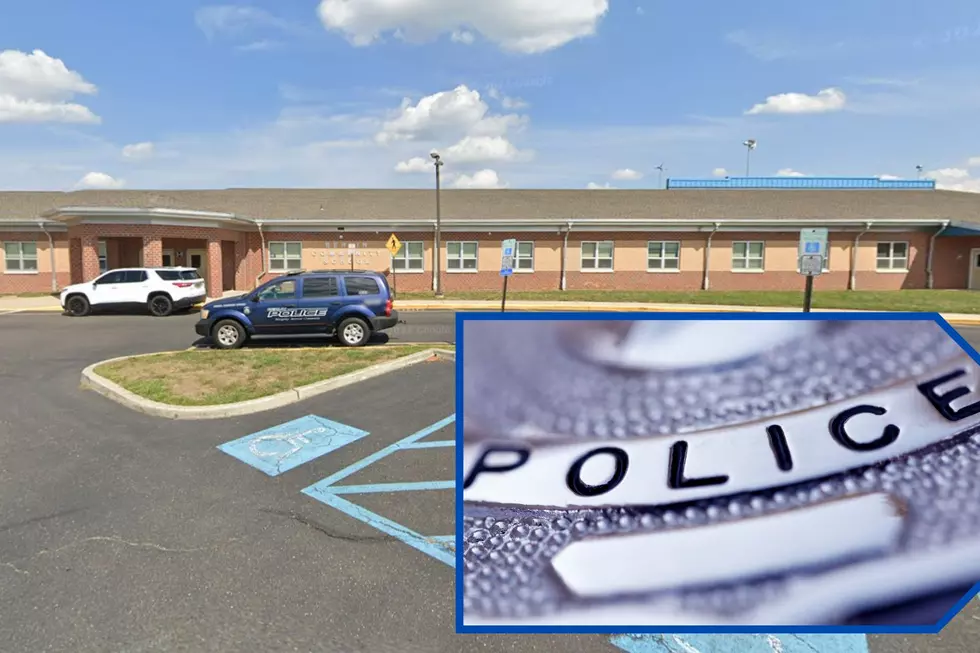
NJ could toughen its anti-bullying laws for schools
Now that New Jersey schools are back in session, there’s a renewed push to expand the state’s anti-bullying statute.
A bill known as Mallory’s Law, named after Mallory Grossman, a 12-year-old girl from Rockaway Township who took her own life after being bullied incessantly at school and online, has been passed by the state Senate and awaits action in the Assembly.
According to the prime sponsor of the measure, state Sen. Joe Pennacchio, R-Morris, the legislation would require numbered reports to be filed in a timely manner in all bullying cases, and an improved communication flow from school officials to parents.
“If there’s an incident of bullying then it has to be reported, and the way it was reported also has to be marked down," he said.
The reports would also go the local school superintendent of schools and could also be sent to the county school superintendent .
Pennacchio said additionally, his measure would give parents the opportunity to file an online report of bullying, harassment, or intimidation by another student, and a detailed record of whatever happened would be kept.
“That way as part of the protocol we can go back and we can make sure that those things are followed, it is imperative that we have the parents input," Pennacchio said.
He noted there are many reports of bullying being seriously under-reported at schools, and the state's Anti-Bullying Bill of Rights needs to be improved.
“It just expands and standardizes the way that we report bullying and the way that it goes through the system," he said. "It gives more accountability to the process."
He said if these reports are numbered it will be easier to keep track of them.
“If you have 100 cases of bullying that’s been reported, and you’re missing number 55, guess which one I want to see. I want to see number 55.”
His proposed legislation calls improved communication between school officials and parents, and for specific consequences and penalties to be established for any act of bullying, which could include, for a first offense, discipline by the school superintendent.
A second act of bullying would require a plan of disciplinary action to be established by the superintendent. If there was a third bullying situation, the county school superintendent would be informed, an appropriate punishment would be determined and the student, accompanied by their parents or guardians, would have to complete a class or training program to reduce the tendency toward harassment, intimidation or bullying behavior.
The executive county superintendent would also be required to notify law enforcement officials of a possible violation of state law.
Pennacchio said bullying used to be a singular event, usually at school. But now with social media, it’s a never-ending process that can cause misery and heartache and every effort must be made to curb it.
You can contact reporter David Matthau at David.Matthau@townsquaremedia.com
More From New Jersey 101.5 FM









